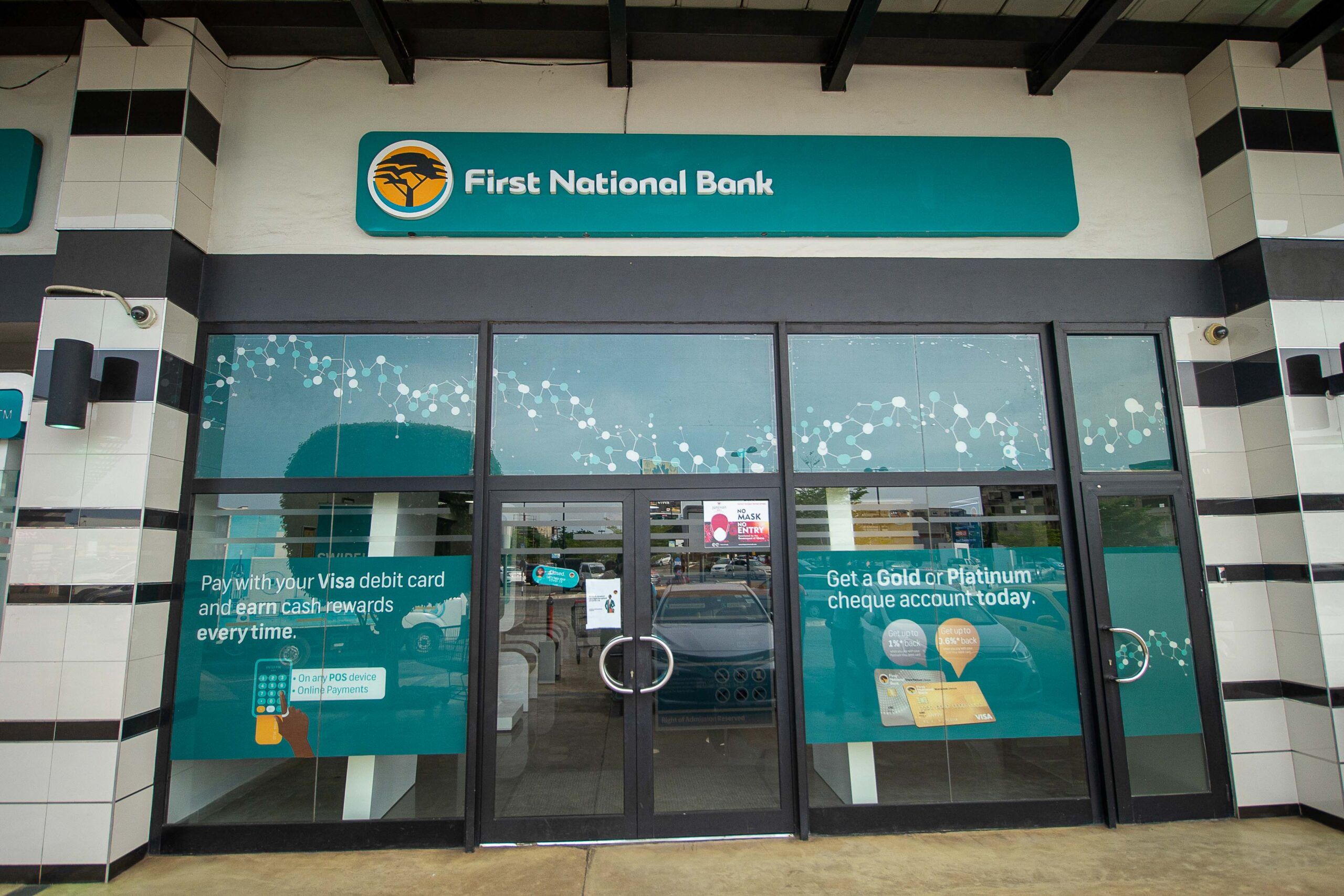Some financial analysts have stated that despite the 2023 financial year being declared a ‘tough’ one by the International Monetary Fund (IMF), the banking sector is well placed for strong growth earnings for the next three years.
The analysts remain bullish about the banking sector owing to strong expectations of further interest rate increases.
According to Harry Botha, an analyst at Anchor Stockbrokers, “the banking sector is well placed for strong earnings growth over the next three years”.
Although an increase in interest rates is expected to raise the prime lending rate, Botha’s analysis suggests that the increase in credit impairment charges in 2024 will be manageable.
“Usually when interest rates go up, affordability becomes an issue and the economy slows down somewhat, but we feel that banks became a bit more cautious on the back of Covid, so the lending growth has not been exceptionally high in recent years.”
Harry Botha
As an illustration, Botha chose Standard Bank as one of his preferred choices in the industry.
“The diversification and scale of Standard Bank’s Africa operations is an important advantage for the bank compared to other multinational banks.

“We expect Standard Bank to deploy its excess capital in its African operations, particularly through corporate investment banking [CIB] lending and deal flow, with the company achieving its targeted return on equity in the 2024 financial year.”
Harry Botha
Speaking on the benefits of the recent interest rate hikes, Michele Santangelo, a portfolio manager at Independent Securities, said that looking back at 2022, banks performed better than the broader market as they benefited from the rise in interest rates after many years of artificially suppressed yields.
“The rise in interest rates benefited banks both from a global and South African perspective as net interest margins expanded, adding to banks’ earnings despite an environment of pressure on the broader markets earnings growth.”
Michele Santangelo
At the end of November 2022, Arno Daehnke, the Group Financial Director of Standard Bank, mentioned that from the perspective of currency, in the 10 months ending October, the rand grew weaker compared to currencies in other operational areas of the group, which had a positive impact on its growth of earnings.
“In the [10-month period], robust average balance sheet growth, combined with positive endowment tailwinds from higher average interest rates, resulted in strong double-digit net interest income growth period on period. Transactional fee growth benefited from fee increases combined with a larger client base.”
Arno Daehnke
Credit Impairment in The Banking Sector Improves
Daehnke’s views on credit impairment aligned with Botha’s perspective – credit impairment improved in the banking sector however declined in other business areas.
“Group credit impairment charges increased, influenced by the low base in the second half of 2021. The consumer and high net worth portfolio continued to benefit from better collections and the ongoing normalization of previous payment holiday portfolios.
“This was partially offset by increased impairment charges from new business strain as well as pockets of customer strain.”
Arno Daehnke
In the business and commercial client segments, credit impairment charges were broadly flat. Daehnke said credit charges in South Africa had declined as provisions raised on the Covid guarantee lending in the prior year did not repeat.
First National Bank, a subsidiary of First Rand, reported a return to a more typical credit cycle and an improvement in loan quality in its annual results for the year ending June 2022.

The bank also stated that it had made adjustments to its models to provide better protection in the current challenging economic conditions, including increasing coverage for losses in secured loans and addressing specific stress in affected commercial industries.
FNB’s outstanding debt-relief advances stood at R2-billion as at 30 June, 2022 while the non-performing loans ratio had reduced to 6.47% from 8.12%. This improvement, the bank’s management likened to effective credit management strategies and good customer care due to focused collections.
According to Arrie Rautenbach, CEO of Absa, the bank had taken a more cautious approach to unsecured lending in anticipation of an inflationary cycle.

“We are seeing an increase in that book going forward. [However], we are comfortable with our risk appetite.”
Arrie Rautenbach
READ ALSO: Debt Exchange: I Don’t Think Extension Date Will Be Met- Economist



















